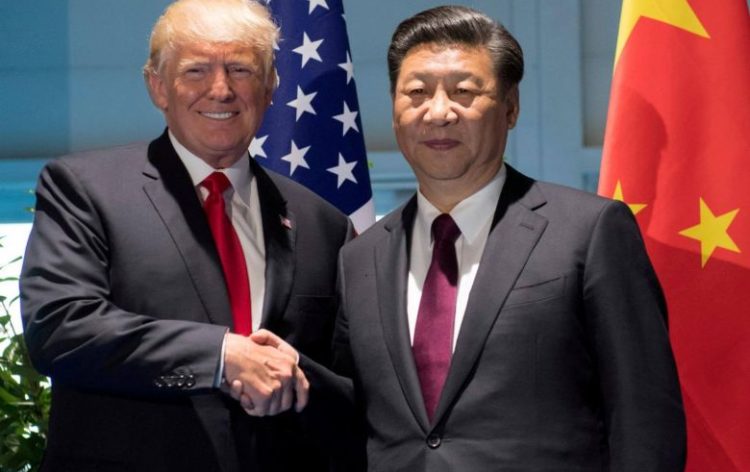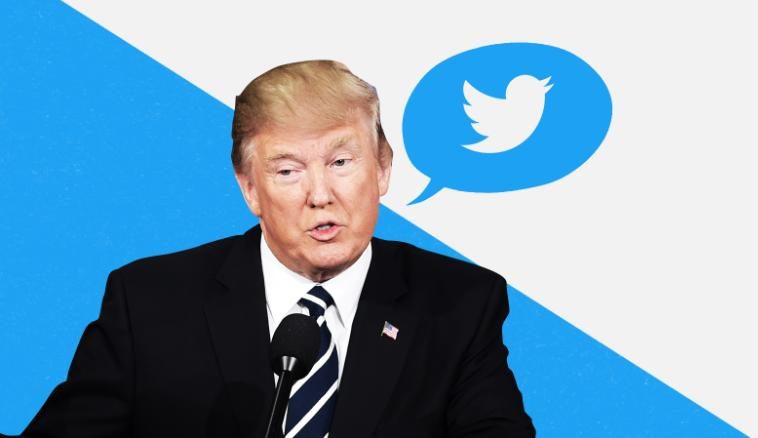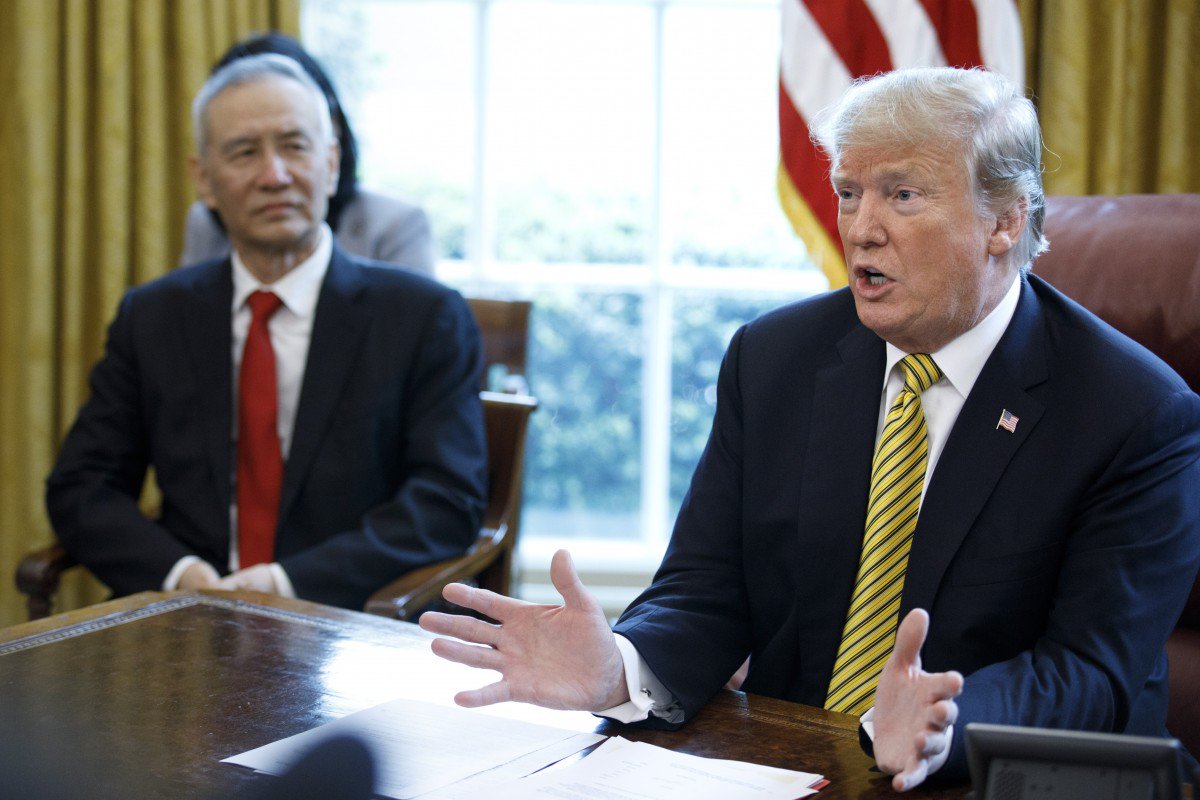China US trade talks take an unexpected turn

We’ve been following the US-China trade talks for some time now. In the latest article, we discussed possible resolutions to the conflict and mentioned reports about the plans to remove a portion of the tariffs. Markets were reacting positively to the news as well. Analysts expected an even bigger reaction after the visit of the Chinese delegation to Washington that many thought to be a major milestone in the discussions. Unfortunately, that’s not where the news on the issue comes from. Instead, the waters have been roiled again in the trade relationship between the two countries and once again it was caused by the Twitter account of the US president.
Trump tweets about more tariffs before the Chinese visit to the US
On Sunday and Monday, President Trump issued a series of tweets from his account foreshadowing more tariffs and expressing criticism of the negotiations. “For 10 months, China has been paying Tariffs to the USA of 25% on 50 Billion Dollars of High Tech, and 10% on 200 Billion Dollars of other goods. These payments are partially responsible for our great economic results. The 10% will go up to 25% on Friday. 325 Billions Dollars of additional goods sent to us by China remain untaxed, but will be shortly, at a rate of 25%. The Tariffs paid to the USA have had little impact on product cost, mostly borne by China. The Trade Deal with China continues, but too slowly, as they attempt to renegotiate. No!” – Trump tweeted on Sunday.

Those tweets were enough to send the markets tumbling but on Monday, Trump tweeted one more time about the issue to discuss the trade history between the countries. “The United States has been losing, for many years, 600 to 800 Billion Dollars a year on Trade. With China we lose 500 Billion Dollars. Sorry, we’re not going to be doing that anymore!” – read the tweet.
Market tumbles in response to the tweets
The tweets affected the markets around the world. US stocks lost about 1.5% while the Eurofirst 300 index showed the worst single day performance since December. The Chinese stock market was the one affected the most as the CSI 300 index that tracks stocks of Shanghai and Shenzhen listed companies dropped by 5.8%. “This is the most significant escalation of the US-China trade war to date. The immediate market response suggests that the latest escalation of the trade war was a complete surprise to investors. This means that markets could be in for a bumpy ride before a trade deal is reached,” – commented Aditya Bhave, an economist at Bank of America.
The 10-year US Treasury yield was down as well by 4 basis points which shows that investors are not very confident about the future of the economy. US dollar and Japanese yen saw increases after the tweets started to reflect on the market.
What about the negotiations?
Liu He, the vice-premier of China who is actively involved in trade negotiations planned a visit to Washington with a huge team of 100 officials. Many had high hopes for the meeting saying that it would become the breaking point in the talks and could potentially be a way to avoid a crisis. Although the plans haven’t yet been officially changed, there are reports that the meeting has been considerably shortened and the team that will accompany the vice-premier will be smaller as well. “A delay rather than a cancellation of Liu’s trip is more likely as the Chinese want to keep negotiations going but cannot respond too softly,” – say the reports.

After the tweets, analysts are less hopeful about the talks as well. “As we digest the significance of the tariff threat, we are a little less hopeful that we are going to see progress at the end of this week that will forestall the additional tariffs. The economy globally is coming off a soft landing. We saw some re-acceleration as we moved closer to a resolution, but here as it falls apart, the question becomes how much direct and indirect impact will the tariffs have on the global economy,” – commented Tony Roth, the chief investment officer at Wilmington Trust.
Consequences of more tariffs
With the threats made by the president of the United States and various other sources claiming that future tariffs are very likely, analysts are considering the effects of such actions on the markets and the world economy. Jeremy Siegel, a professor at Wharton, expects stocks to drop by as much as 20% if the negotiations take a wrong turn. “If both sides dig in this market could go down 10% to 20%. It’s a question of what happens on Friday. If it does happen on Friday, what is the retaliation of the Chinese? And that’s totally dominating the market for the next two or three weeks,” – he commented about the issue. These effects are so severe because of the expectations of a resolution to the conflict. According to Siegel, the market considered about 90% chance that the trade war would end.
Julian Emanuel from BTIG discussed the effects of uncertainty in the markets and emphasized the severity of the next crisis considering the ‘complacency’ that has taken over the investors. “As investors, we were probably taking things a bit too much for granted. You literally had a straight run higher without interruption, 25%-plus off of the lows that we made last December. For the most part, people haven’t been hedged to the downside. Injecting a little bit more uncertainty back into the market refocuses investors on risk and reward,” – Emanuel commented.


























Comments (0 comment(s))